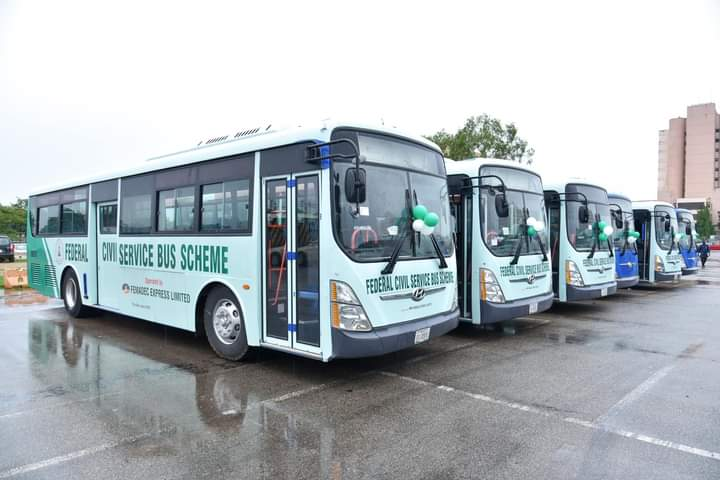Compressed Natural Gas (CNG) vehicles have been promoted as a cleaner and more sustainable alternative to traditional gasoline and diesel-powered vehicles.
As countries worldwide push for greener transportation solutions to address climate change, reduce air pollution, and decrease dependence on fossil fuels, CNG has emerged as a promising option.
However, despite its potential, the widespread adoption of CNG vehicles faces significant challenges. This investigation delves into the key obstacles hindering the rollout of CNG vehicles and explores possible solutions to these challenges.
Infrastructure Limitations
One of the most critical challenges in the rollout of CNG vehicles is the lack of adequate refueling infrastructure. Unlike gasoline stations, which are ubiquitous, CNG refueling stations are sparse, particularly in rural and suburban areas.
This limited availability makes CNG vehicles less attractive to potential buyers who fear being stranded without access to fuel. Moreover, the cost of establishing CNG refueling stations is high, requiring significant investments from both public and private sectors.
This financial burden slows the expansion of the necessary infrastructure, creating a vicious cycle where the lack of stations discourages the adoption of CNG vehicles, and the low adoption rate, in turn, disincentivizes further infrastructure development.
To overcome this challenge, governments and industry stakeholders need to collaborate on initiatives that subsidize the cost of building CNG refueling stations. Public-private partnerships could be instrumental in sharing the financial risk and ensuring a more widespread network of stations. Additionally, integrating CNG refueling points with existing gasoline stations could be a practical solution, making CNG more accessible without the need for entirely new infrastructure.
Technological Barriers
Another significant challenge is the technological limitations of CNG vehicles compared to their gasoline and diesel counterparts. Although CNG vehicles produce fewer greenhouse gases and pollutants, they generally have lower fuel efficiency, shorter driving ranges, and less power. These factors make CNG vehicles less appealing to consumers, especially those who prioritize performance and convenience.
READ ALSO:Vandals Strike Again, Destroying 13 Towers on Ahoada-Yenagoa 132KV Transmission Line
Furthermore, the storage of CNG in vehicles requires high-pressure tanks, which can be bulky and take up valuable space. This design constraint often leads to a reduction in cargo or passenger space, further diminishing the appeal of CNG vehicles, particularly for commercial use. Additionally, the technology for CNG engines and fuel systems is still developing, with ongoing research needed to improve efficiency, safety, and performance.
To address these technological barriers, continuous investment in research and development is essential. Advances in CNG engine technology, such as more efficient combustion systems, could help enhance the performance of these vehicles. Moreover, innovations in fuel storage, including the development of lighter and more compact tanks, could alleviate some of the space concerns. The automotive industry needs to prioritize these developments to make CNG vehicles a more competitive option in the market.
Economic Viability
The economic aspect of rolling out CNG vehicles is another significant challenge. While CNG is often cheaper than gasoline and diesel on a per-unit basis, the initial cost of CNG vehicles is typically higher due to the specialized components and systems required. For consumers and businesses alike, this higher upfront cost can be a deterrent, especially in regions where CNG infrastructure is underdeveloped.
Additionally, the fluctuating price of natural gas, influenced by global market dynamics, can impact the cost-effectiveness of CNG as a fuel. In times of low oil prices, the cost advantage of CNG diminishes, making it a less attractive option for consumers. This economic volatility can hinder the long-term adoption of CNG vehicles, as potential buyers may hesitate to invest in a technology with uncertain fuel cost savings.
To enhance the economic viability of CNG vehicles, governments could implement incentives such as tax breaks, subsidies, or rebates for purchasing CNG vehicles. These incentives could help offset the higher initial costs and make CNG vehicles more affordable for a broader range of consumers. Additionally, stabilizing the price of natural gas through strategic reserves or long-term contracts could help mitigate the impact of market fluctuations on CNG fuel prices.
Regulatory and Policy Challenges
The regulatory environment surrounding CNG vehicles also presents challenges. In many regions, the lack of clear and consistent policies regarding CNG vehicle adoption, infrastructure development, and environmental standards can create uncertainty for manufacturers, investors, and consumers. This uncertainty can slow the rollout of CNG vehicles, as stakeholders may be hesitant to commit resources without a stable and supportive policy framework.
Moreover, regulatory discrepancies between regions can complicate the adoption process. For instance, varying safety standards for CNG storage and handling across different countries or states can pose challenges for manufacturers looking to market their vehicles in multiple jurisdictions. Harmonizing these regulations at the national or international level could help facilitate the broader adoption of CNG vehicles.
Governments need to develop and implement comprehensive policies that support the growth of the CNG vehicle market.






























































